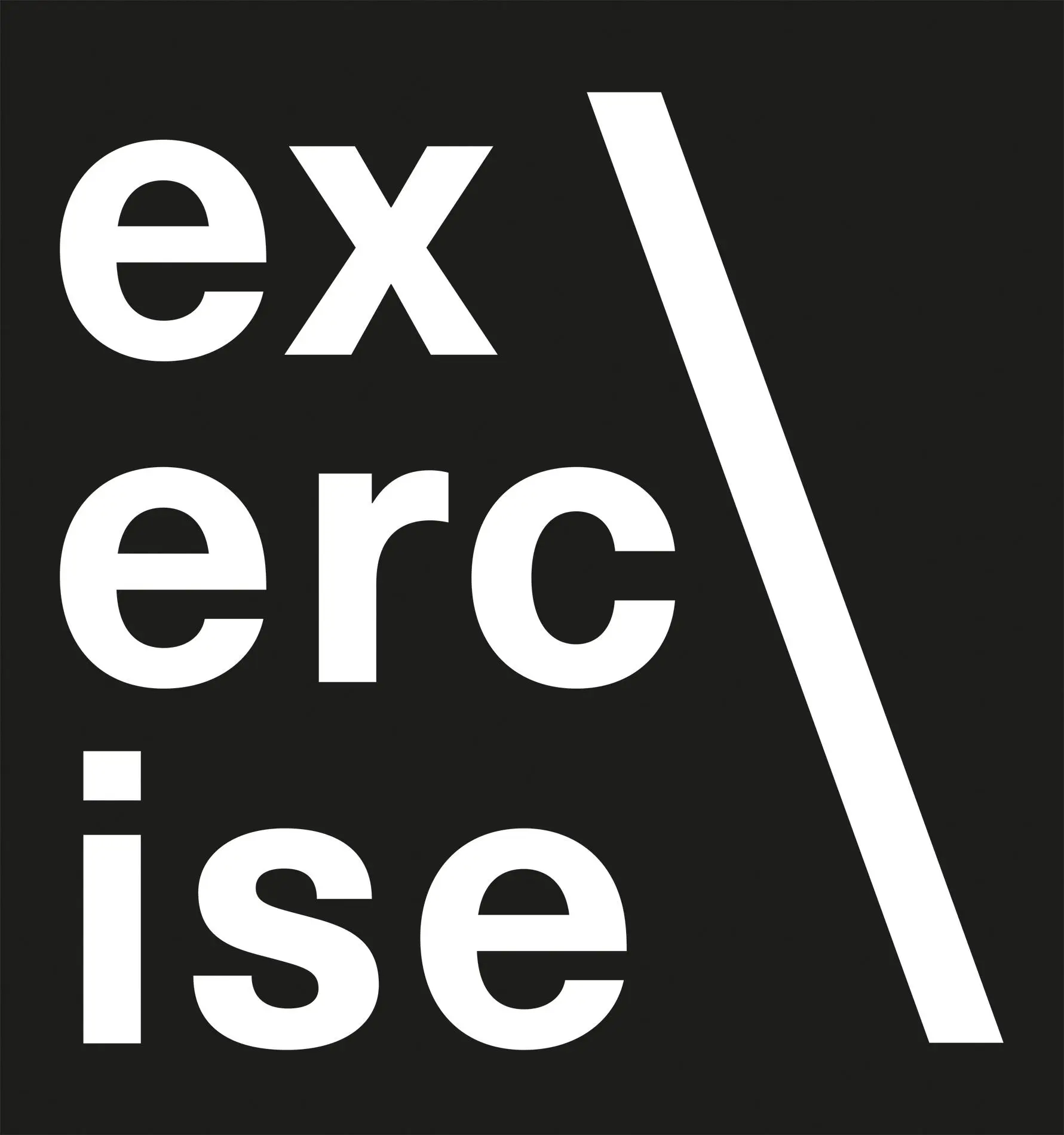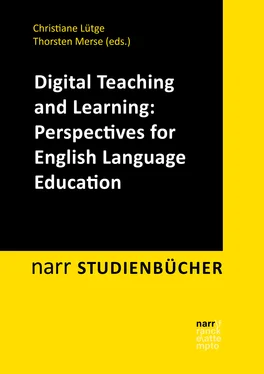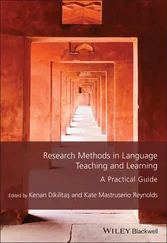digitization, digitalization, digital transformationWe would like to point out that terminology is often not precise and consistent when it comes to defining ‘the digital’. In German, the term Digitalisierung embraces what two different concepts refer to in English: digitization and digitalization. The distinction is not necessarily always clear-cut and in fact both terms are sometimes used interchangeably. Generally, one can refer to digitization as creating a digital version of physical items (e.g. paper documents, text, photographs, sounds etc.), thus converting analogue content into a digital format. On the other hand, digitalization may also comprise aspects of digitization but in our understanding transcends this notion and additionally addresses processes and interactions or digital practices of various kinds. Furthermore, the term digital transformation is often used so as to point out the transformative potential of digitalization. Creation and innovation may be major concepts surrounding digital transformation. Especially with a view to education, we feel that this concept may be prone to distract attention from a possibly more technical interpretation of the digitization/digitalization terminology. In this volume we and our authors refer to all of these different concepts and try to illustrate how we situate them in their respective contexts.
dynamic and dialogic featuresAs editors, we have designed this edited volume as a work and study book that pre- and in-service English teachers can engage with to find guidance and orientation on digital teaching and learning in English language education. It is intended to offer teachers a tool for development and reflection – to rethink and reshape their educational practices in light of digital advancements, to grapple with their attitudes towards ‘the digital’, and to develop a critical mind-set for identifying productive connection points between two merging worlds, that of English language teaching, and that of digital education.
With these ends in mind, this work and study book employs two guiding principles. It addresses both the dialogicand dynamicfeatures of digitality and digital education. Together with our expert authors, we are striving to enter into a continuous dialogue with you as our readers. The theoretical foundations, educational ideas and reflection impulses we present in our contributions are meant to talk to you: to instill a sense of curiosity in you that helps to challenge and question yourself as an educator, and to offer you space for adding new mosaic pieces to your professional repertoire as an English teacher. We also wish to point out the dynamic character inherent to all processes surrounding digital teaching and learning. In a digital world that is changing fast and constantly, there cannot be one single path towards digital education. New teaching and learning opportunities are frequently emerging, and they need to be integrated flexibly into English language education. Also, the connection points between digital opportunities and key concerns of English language education are not forever fixed. Therefore, what it means to teach language, what it means to learn about culture, and what it means to engage with texts always needs to be adapted to new digital contexts and developments. The implication here – and this might strangely be running counter to the notion of a book as a self-contained product – is that this edited volume can actually not be considered a finished or closed piece of work, but the starting point to an open-ended process that is called ‘digital education’.
Furthermore, this edited volume is not conceptualized as a ‘recipe book’ telling you how digital education should work – but as a dynamic and dialogic tool showing you how digital education could work.
 Revisit the initial statements of this introductory chapter and enter into a dialogue with them: What messages and values do they entail? In what ways do you agree or disagree with these people’s viewpoints? What would you respond to them if you could have a real conversation with them?
Revisit the initial statements of this introductory chapter and enter into a dialogue with them: What messages and values do they entail? In what ways do you agree or disagree with these people’s viewpoints? What would you respond to them if you could have a real conversation with them?
Now browse the internet to find more statements on digital education, e.g. by politicians, teachers or researchers. Use a variety of sources, e.g. blogs, professional websites, podcasts, or Twitter, and try to collect diverse viewpoints, including controversial ones. Discuss the statements you found, e.g. with other student teachers at university or with professional colleagues at school.
contextualizing digital transformationsTo provide a bigger picture on digital education – and to contextualize this edited volume further – it needs to be acknowledged that fast digital changes and ubiquitous digital transformations deeply affect all strands of society. If you ventured into a comparison between the current days of the 21st century – and any point in time ten, twenty, or even fifty years ago – significant differences and shifts would become remarkably present that have to do with the advent and rise of new digital media, applications and technologies. For example, think about the changing patterns in the way people communicate with each other. Direct face-to-face communication now is but one variant of communication since people can also make use of messaging services, video calls, or social media comments to engage in digital exchanges, be they synchronous or asynchronous, be they with one interlocutor or large groups. Also think about the diverse digital resources people are now drawing on for aesthetic, creative – and also economic – (self-)expression. With language and images being available by the touch of a button and the swiping of a screen (to be slightly reductionist), digital tools and platforms such as YouTube or Instagram make it easier than ever for individuals to convey ideas, messages, or goods through posts and videos that can be consumed anywhere anytime, provided that there is a mobile connection and a fully-charged battery. In a similar vein, profound digital developments influence the way people participate in their social, cultural, civic and work lives – ranging from organizing everyday duties such as shopping and driving to launching political and environmental activism, or from articulating and forming opinions online to organizing work meetings in one shared digital space when global disruptions and crises require this. Such fast and far-reaching developments affect society at large, and might lead to very personal reactions on how digital developments are perceived by the individual.
 Stop and think: What is your viewpoint on the increasing digitalization of society at large, and your personal lifeworlds in particular? In what cases do you welcome and benefit from digital opportunities and technologies, or in what instances would you be more cautious, critical and skeptical? Provide examples and reasons to underline your viewpoints.
Stop and think: What is your viewpoint on the increasing digitalization of society at large, and your personal lifeworlds in particular? In what cases do you welcome and benefit from digital opportunities and technologies, or in what instances would you be more cautious, critical and skeptical? Provide examples and reasons to underline your viewpoints.
subject-specific issuesSignificant digital changes – and their accompanying consequences – also do not stop short of English language education. As a key dimension of education at school, also the subject of English as a Foreign Language is increasingly challenged to reconfigure and rethink its fields of engagement in light of digital changes and transformations currently underway. To understand how digital changes and advancements may influence English language education, a more fine-grained view at key areas of this subject can yield valuable starting points for reflection:
Читать дальше

 Revisit the initial statements of this introductory chapter and enter into a dialogue with them: What messages and values do they entail? In what ways do you agree or disagree with these people’s viewpoints? What would you respond to them if you could have a real conversation with them?
Revisit the initial statements of this introductory chapter and enter into a dialogue with them: What messages and values do they entail? In what ways do you agree or disagree with these people’s viewpoints? What would you respond to them if you could have a real conversation with them?










